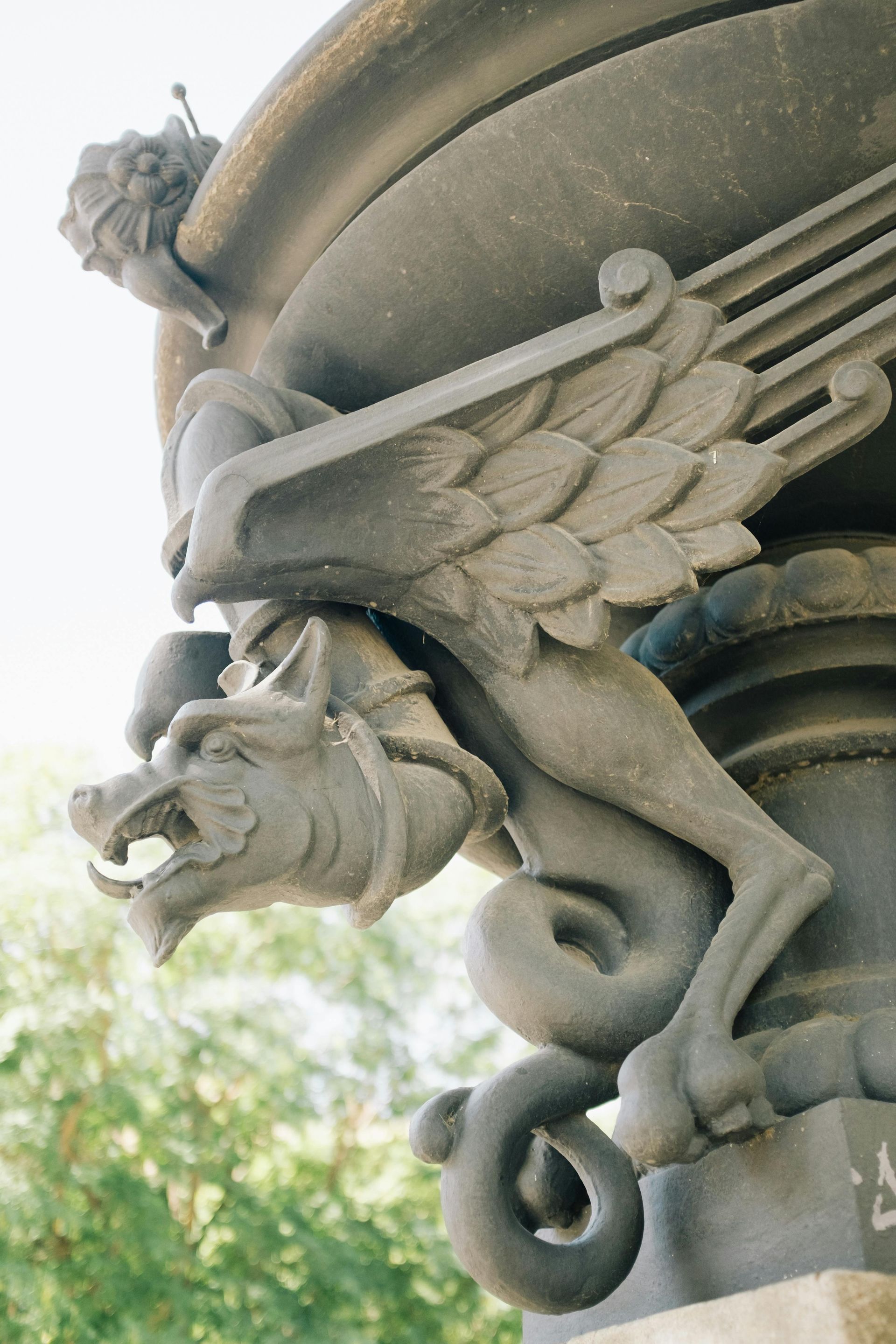
At Alex Correa Executive, we often meet lawyers who are intrigued by the idea of practising constitutional law but assume it’s reserved for scholars or courtroom specialists arguing before the High Court. The reality is far more dynamic. For those who thrive on complexity, collaboration, and purpose, constitutional law particularly within Queensland’s Crown Law offers some of the most stimulating and varied legal work in the country.
Myth 1: Constitutional law is purely academic
Far from being an ivory-tower discipline, constitutional law at Crown Law is deeply practical and intellectually rigorous. The Constitutional Law Team provides strategic advice on real-world questions that affect how Queensland governs itself from the limits of legislative power to the interaction between State and Commonwealth laws.
One day, you might be advising the Attorney-General on a High Court challenge about the Kable doctrine or implied freedom of political communication; the next, interpreting a complex statutory scheme to ensure new legislation aligns with the Constitution and the Human Rights Act 2019. The work demands sharp analytical thinking and offers the satisfaction of seeing legal reasoning translate into tangible outcomes. The work sits at the intersection of law and policy and it often plays out on the national stage.
Myth 2: The work is narrow or repetitive
In truth, the variety is one of the great appeals. The Constitutional Law Team is called on whenever an issue doesn’t fit neatly within another practice area meaning the range of matters is vast and ever-evolving.
Team members advise on constitutional consistency, human rights, federal–state cooperation schemes, and even statutory interpretation questions that cross agency boundaries. They may assist the Solicitor-General and other senior counsel in landmark litigation, then pivot to advising on new legislative frameworks for emerging public issues. Few teams offer such breadth or such a front-row seat to how constitutional principles shape government decision-making in real time.
Myth 3: You need to be in Canberra to make an impact
Constitutional work may culminate in the High Court, but its influence is felt every day across Queensland. The team partners with departments, statutory authorities, and government-owned corporations, providing proactive advice that helps avoid disputes before they arise.
Whether guiding agencies on intergovernmental agreements, advising on the constitutional validity of new policies, or ensuring compliance with the Human Rights Act, the impact of this work is tangible. These lawyers help shape decisions that directly affect the State’s capacity to govern from energy policy to justice reform.
Myth 4: It’s solitary work
If anything, constitutional law at Crown Law is one of the most collegial environments a lawyer could join. Collaboration is central with the Solicitor-General, Attorney-General, and colleagues across multiple government departments. Within the team, senior practitioners mentor and guide others through matters that demand both intellectual depth and practical judgment.
The result is a culture that prizes clarity, rigour, and respect where complex ideas are debated openly, and every lawyer contributes to solutions that matter.
A career that shapes the State
For lawyers who crave intellectually challenging work with purpose, constitutional law offers something rare the chance to influence decisions that will echo through Queensland’s legal and political landscape.
It’s not theoretical. It’s tangible. It’s varied. And it’s at the heart of how our democracy functions.
If you’re a lawyer with a background in litigation, administrative, or commercial law and you’re ready to apply your skills to issues of genuine public significance, now is the perfect time to explore opportunities within Crown Law’s Constitutional Law Team.
To learn more, contact Alex Correa Executive or request a copy of the position description. These roles offer a unique chance to contribute to matters that shape not just Queensland law, but the constitutional fabric of Australia itself.
Related Articles

Introducing Jennifer Tsatsaronis: Personalised Support for Legal Professionals Every Step of the Way










